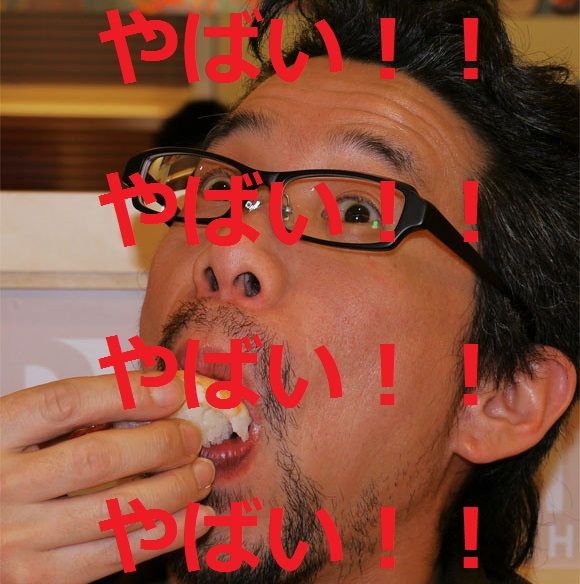
Japanese is not an easy language to learn. Though, we have to say, we’re not sure that any language is easy to learn when you’re a beginner! But for English speakers, Japanese is certainly one of the most difficult languages to pick up. Anyone who’s taken a class will surely remember the first time they opened their textbook and saw two massive charts full of squiggly lines and realized that they now had to learn two more alphabets! And then start on kanji…
However, it looks like one Japanese-speaking UK native has found the key to Japanese using just one word!
Twitter user @akrhkw recently tweeted the message below, spilling the beans about the secret to Japanese. It’s not nearly as difficult as you might think!
“I’m from the UK. When learning Japanese, I had to memorise all the hiragana and katakana currently in use, which includes 92 characters in total, which seems like a crazy number. But on top of that there are the 2,136 jouyou kanji, too, and I thought I would die from memorising everything. But one day I learned “YA BA I,” and Japanese didn’t seem so bad anymore.”
https://twitter.com/akrhkw/statuses/466533893471223808
So, all you need to speak Japanese is “yabai”!
But what is “yabai”?
Well, according to Gogen Yurai Jiten, an online etymological dictionary for Japanese, “yabai” comes from “yaba,” which could be translated literally as “in a bad condition” or “inconvenient.” However, according to Gogen Yurai Jiten, legend has it that “yaba” was originally from the secret language of thieves, and before World War 2, many prisoners used the word to refer to guards. However, the dictionary also suggests that it might have evolved from “yobai,” when men would sneak into women’s rooms at night for some, uh, fun. Like an extended game of Monopoly, we suppose.
Wikipedia, on the other hand, suggests that “yaba” has its origins in the Edo Period, and referred to amusement archery ranges run as covers for secret brothels. They were clearly dangerous places, so being in a “yaba” (written with the kanji for “arrow” 矢 and “place” 場) was being in a dangerous situation.
▼Yabai! Yabusame!
Regardless of its origins, the word originally basically meant “something bad,” but in the 1980s, many young people started using the word to refer to something as uncool. However, in the 1990s, it eventually morphed into something closer to “sugoi,” which implies “amazing,” though “yabai” usually means “Holy cow, I am extremely surprised” with either a good or bad connotation.
Today, “yabai” is one of the most common words you’ll hear in everyday speech. If you happen to be channel surfing in Japan and catch a variety show, you’re sure to hear “yabai!” at least once. It’s the perfect aizuchi to show not only that you’re paying attention but that you’re empathising with the speaker’s plight, whatever that may be.
It also works in nearly any situation! A cat jumped out and scared your friend? “Yabai!” Your co-worker got a raise? “Yabai!” The princess is in another castle? “Yabai!”
Of course, @akrhkw’s tweet, which has been retweeted over 11,000 times, got a lot of attention from Japanese netizens.
“What??”
“Don’t some college students have entire conversations consisting only of ‘yabai’?”
“[Responding to the above comment] I’ve overheard conversations where they used only ‘maji’ [like ‘seriously?!’] and ‘yabai’.”
“Use your head a bit more!”
“You see it online a lot ‘XX is yabai! LOLOLOLOL!’ Ah, wait, are you all foreigners?”
“Is this an ‘English joke‘? LOL”
Of course, you can’t actually hold a full conversation using only “yabai!” You’ll also need to add “Heeeee” and “tssssss” to your repertoire, as demonstrated by Ken Tanaka and Remi February in the video below.
While no one seriously thinks you can hold a full conversation in any language by simply repeating certain sounds/words ad infinitum, we have to point out that you can do the same thing in English using only the words “dude” and “bro.” It might not be the most stimulating of conversations, but communication is communication, right?
Source: Jin115, Gogen Yurai Jiten, Wikipedia
Images: All images by RocketNews24